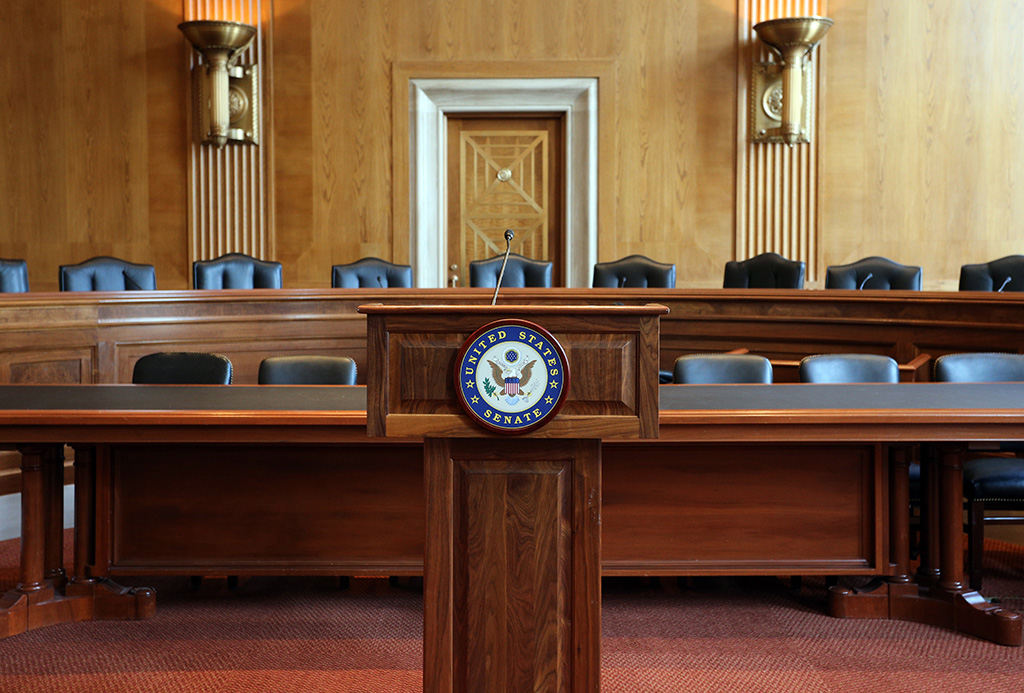The U.S. Senate is poised to take a historic step today as lawmakers prepare for a pivotal cloture vote at 5:30 PM ET on the GENIUS Act of 2025 (Guiding and Establishing National Innovation for U.S. Stablecoins). The vote will determine whether the bill moves forward to full debate and, ultimately, a final vote on the Senate floor. If passed, it would mark the first comprehensive federal regulatory framework for payment stablecoins—digital assets pegged to fiat currencies like the U.S. dollar.
The stakes are high. The GENIUS Act has become a flashpoint in the broader debate over financial innovation, regulatory oversight, and the United States’ position in the global digital currency race.
Earlier today, Barron’s reported that the Stablecoin Bill is “set to pass the Senate,” signaling rising bipartisan momentum after weeks of behind-the-scenes negotiations. For investors, crypto developers, and offshore financial institutions, this could mark the dawn of a new era in regulated digital assets.
What Is the GENIUS Act?
The GENIUS Act of 2025 is a bipartisan effort to establish a legal foundation for the issuance, custody, and operation of stablecoins within U.S. jurisdiction. The bill outlines reserve requirements, licensing standards, risk management protocols, and Federal oversight—aimed at bringing order and legitimacy to a sector that has grown exponentially in recent years but remains largely unregulated.
Crucially, the bill differentiates between payment stablecoins (used for transactions and remittances) and other crypto-assets used for speculation or decentralized finance (DeFi). It also offers a clear compliance pathway for private issuers, banks, and fintech companies looking to enter the regulated stablecoin market.
Why It Matters
The GENIUS Act matters because stablecoins are now a cornerstone of global digital finance. U.S.-dollar-backed stablecoins are already widely used for international trade, crypto trading, cross-border remittances, and decentralized applications. Yet without a consistent federal framework, issuers face legal uncertainty and fragmented state-level rules.
Passing this bill would do three things:
- Legitimize stablecoins as part of the formal U.S. financial system.
- Attract institutional capital into regulated digital dollar instruments.
- Solidify the dollar’s dominance in an increasingly competitive race with China’s digital yuan and BRICS-led alternatives.
For offshore investors, a regulated U.S. stablecoin framework could be transformative—creating new pathways for dollar-denominated assets, blockchain-based settlement, and exposure to U.S. Treasuries held as reserves by licensed stablecoin issuers.
Market Response
Today’s Barron’s headline is sending a strong signal to markets: Washington is getting serious about crypto infrastructure. Following the news, major stablecoin issuers like Circle and Paxos saw increased trading volumes, while DeFi tokens with USD-pegged mechanisms saw short-term gains.
Offshore custodians and tokenization platforms are watching closely. The GENIUS Act could spark new demand for compliant offshore structures holding regulated U.S. stablecoins, ideal for cross-border payments, private placement, and liquidity strategies across the Caribbean, Europe, and Asia.
What to Watch Next
If the cloture vote passes this evening, expect the GENIUS Act to proceed to floor debate later this week, with a final vote potentially within days. A successful vote could mark a watershed moment for blockchain adoption in mainstream finance.
Stay tuned. As Washington votes, the world is watching. And so are we at Invest Offshore—tracking how stablecoins evolve from market innovation into monetary architecture.

Leave a Reply